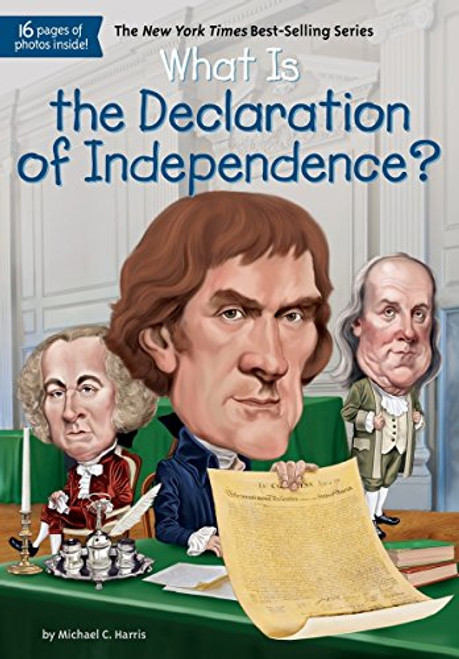Product Overview
Winner of the Zcalo Book Prize
Shortlisted for the 2015 PEN/John Kenneth Galbraith Award
Winner of the Francis Parkman Prize, Society of American Historians
Danielle Allen lays bare the Declarations history and significance, returning it to its true and rightful ownersyou and me.Junot Daz
Troubled by the fact that so few Americans actually know what it says, Danielle Allen, a political philosopher renowned for her work on justice and citizenship, set out to explore the arguments of the Declaration, reading it with both adult night students and University of Chicago undergraduates. Keenly aware that the Declaration is riddled with contradictionsliberating some while subjugating slaves and Native AmericansAllen and her students nonetheless came to see that the Declaration makes a coherent and riveting argument about equality. They found not a historical text that required memorization, but an animating force that could and did transform the course of their everyday lives.
In an uncommonly elegant, incisive, and often poetic primer on Americas cardinal text, Our Declaration now brings these insights to the general reader, illuminating the three great themes of the Declaration: equality, liberty, and the abiding power of language (David M. Kennedy). Vividly evoking the colonial world between 1774 and 1777, Allen describes the challenges faced by John Adams, Thomas Jefferson, Benjamin Franklin, Roger Sherman, and Robert Livingstonthe Committee of Five who had to write a document that reflected the aspirations of a restive population and forge an unprecedented social contract. Although the focus is usually on Jefferson, Allen restores credit not only to John Adams and Richard Henry Lee but also to clerk Timothy Matlack and printer Mary Katherine Goddard.
Allen also restores the astonishing text of the Declaration itself. Its list of self-evident truths does not end, as so many think, with our individual right to the pursuit of happiness but with the collective right of the people to reform government so that it will effect their Safety and Happiness. The sentence laying out the self-evident truths leads us from the individual to the communityfrom our individual rights to what we can achieve only together, as a community constituted by bonds of equality. Challenging so much of our conventional political wisdom, Our Declaration boldly makes the case that we cannot have freedom as individuals without equality among us as a people.
With its cogent analysis and passionate advocacy, Our Declaration thrillingly affirms the continuing relevance of Americas founding text, ultimately revealing what democracy actually means and what it asks of us.
35 illlustrations






